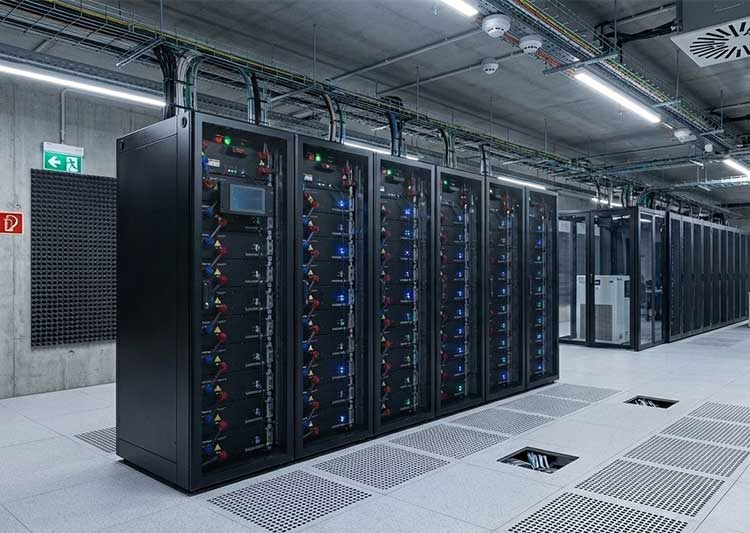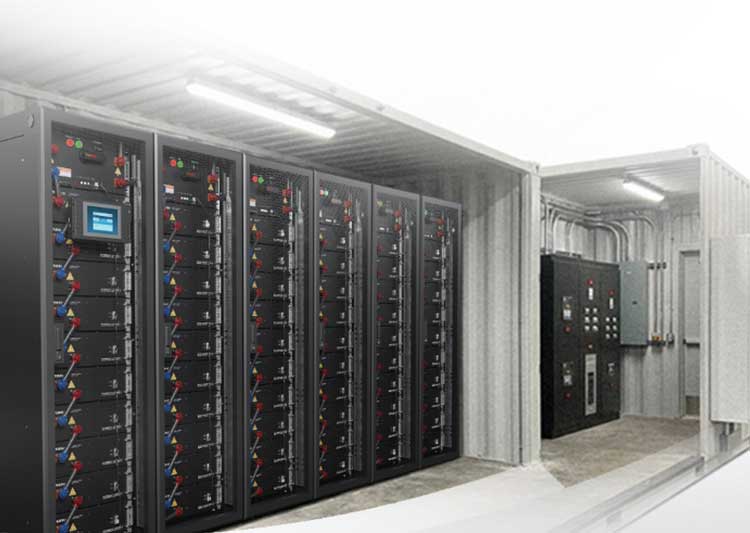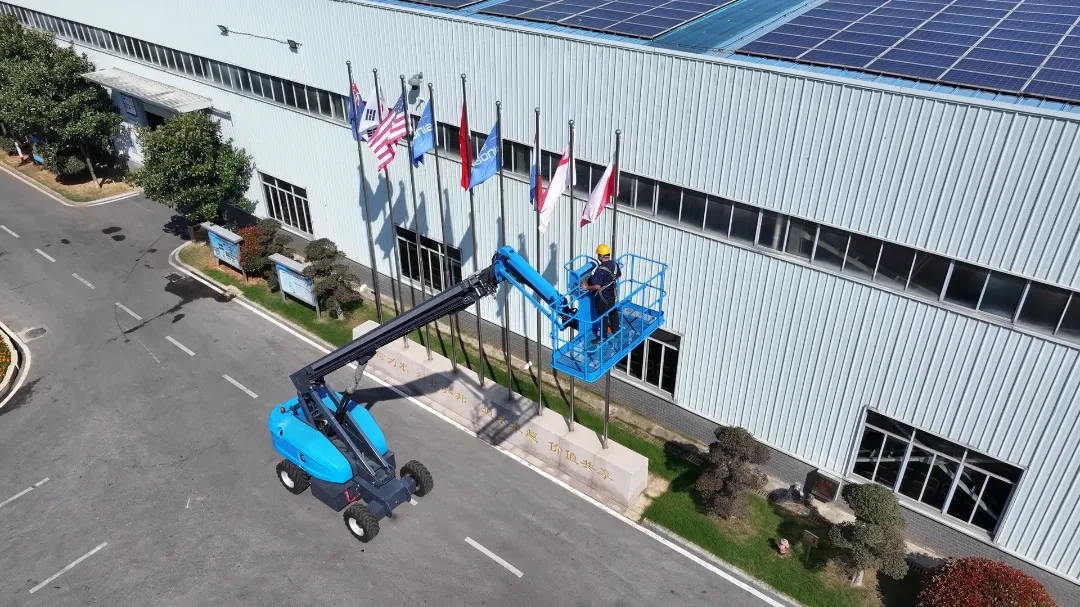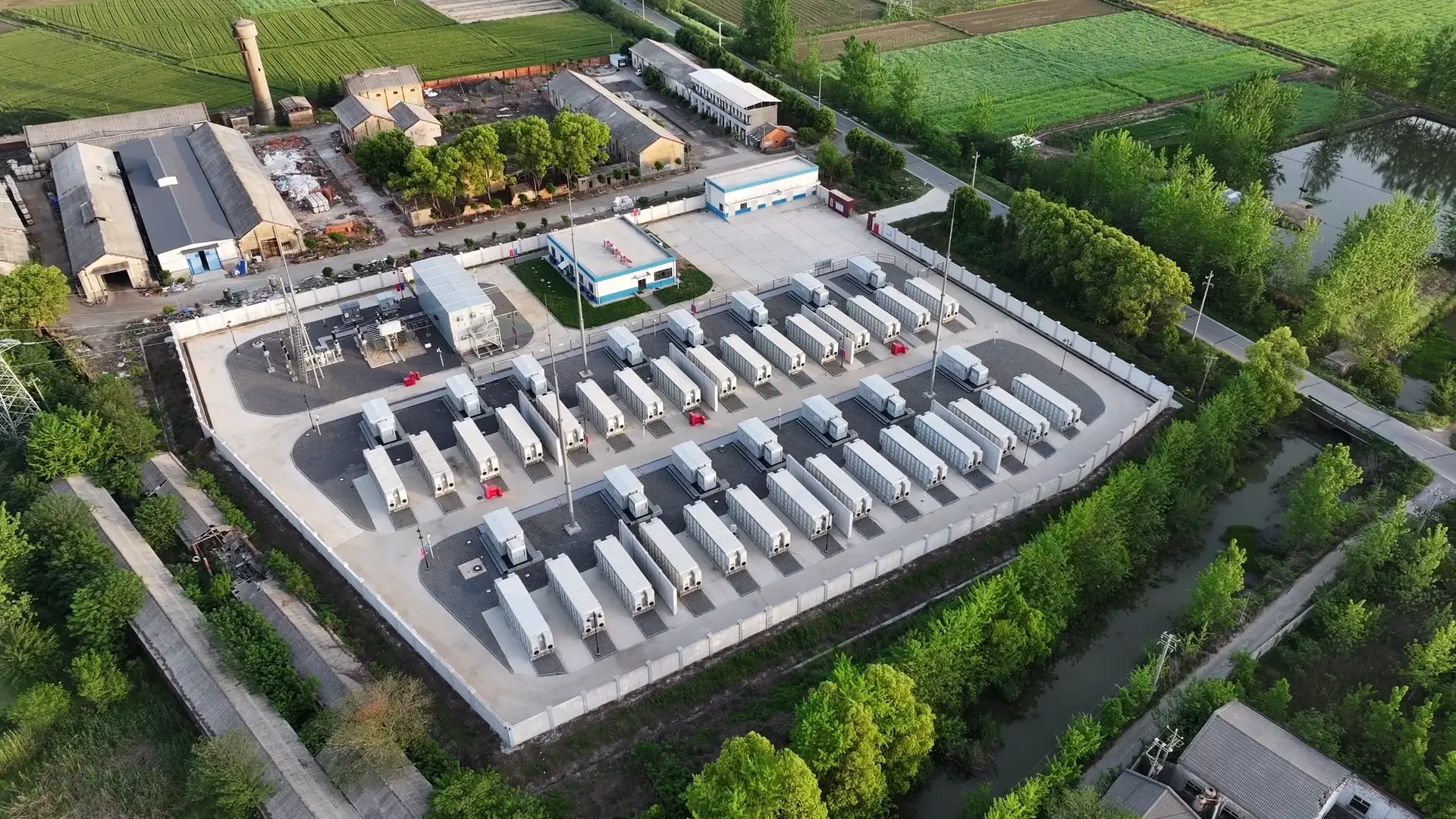However, because UPS batteries store a large amount of energy, they can also pose fire and safety risks if not properly managed. To prevent accidents and protect both people and equipment, it is essential to implement effective UPS backup power system fire safety measures and risk management strategies. These strategies help maintain safe operation while keeping the systems ready to deliver uninterrupted power when it is most needed.
Why Fire Safety Matters for Large UPS Battery Systems
1. Stored Energy Can Be Hazardous
Large UPS systems, especially lithium UPS batteries, hold a huge amount of energy. If something goes wrong, it can lead to thermal runaway or fire, creating serious safety hazards.
2. Protecting Critical Operations
UPS batteries support essential systems in data centers, telecom facilities, and industrial sites. A battery-related fire or failure can cause downtime, equipment damage, and financial losses.
3. Meeting Safety Standards
Following proper fire safety protocols and UPS backup power battery safety regulations is crucial. Compliance not only reduces fire risks but also ensures installations meet industry and insurance requirements.
Key Fire Safety Measures
1. Certified and Safe Battery Selection
Choose UPS batteries with certifications such as UL 9540A or IEC 62619, ensuring proven fire safety and thermal stability.
2. Comprehensive Thermal and Fault Monitoring
Implement full-range temperature monitoring at both module and cabinet levels. Use insulation fault detection and gas sensors to identify early warning signs and prevent incidents.
3. Fire Suppression Systems
Install automatic fire suppression systems like FM-200 or NOVEC 1230 suitable for battery rooms. And ensure adequate ventilation to prevent heat accumulation.
4. Safe Installation Practices
Maintain proper spacing between cabinets to reduce fire risk. Follow manufacturer guidelines for modular battery stacking and containment trays.
5. Regular Maintenance and Emergency Preparedness
Conduct routine inspections to check for leaks, corrosion, or abnormal temperatures. Train staff in emergency response procedures for battery fires to ensure quick and safe action.
Risk Management Strategies
1. System Segmentation
● Divide large UPS battery systems into modular sections to limit the impact of any potential incident.
● Segmentation helps contain issues and prevents a single failure from affecting the entire system.
2. Remote Monitoring
● Use Battery Management Systems (BMS) to continuously track battery health, temperature, and voltage.
● Early detection of abnormalities helps prevent failures and reduce fire risk.
3. Scenario Planning and Drills
● Conduct regular fire drills and failure simulations to prepare staff for emergencies.
● Scenario planning ensures a quick, coordinated response in case of incidents.
4. Documentation and Compliance
● Maintain detailed inspection logs, certifications, and fire safety records.
● Keeping thorough documentation ensures regulatory compliance and supports safety audits.
Introduce Our High Safety Solution
To address the safety and reliability needs of modern facilities, our REVO 3.0 UPS battery systems are engineered with advanced safety features and modular design, delivering secure and reliable backup power for data centers, telecom hubs, and industrial sites.
Uncompromising Safety
1. High-rate LFP cells with stacking technology enhance structural stability.
2. Certified to IEC 62619 and UL 9540A, ensuring no fire or explosion risk, even under thermal runaway.
3. Full-module temperature monitoring detects anomalies early, leaving no blind spots.
4. Integrated insulation fault detection and CO gas sensors provide real-time alerts and proactive protection.
Compact, Powerful, and Easy to Deploy
Over 600 kW per cabinet, reducing the number of cabinets needed and saving space. Prefabricated modular design simplifies installation and supports remote monitoring, lowering OPEX.
With REVO 3.0 lithium UPS batteries, operators get highly safe, reliable, and easy-to-manage backup power, ensuring peace of mind while keeping critical systems running without interruption.
Conclusion
Implementing fire safety and risk management for battery systems is essential for critical facilities like data centers and telecom hubs. By combining certified batteries, full-range monitoring, fire suppression, and proactive maintenance, operators can ensure safe, reliable, and uninterrupted backup power.
Explore more about our safe and reliable UPS battery solutions.




























 2025-09-22
2025-09-22 Name
Name Tel
Tel Email
Email Country
Country Company
Company Information
Information